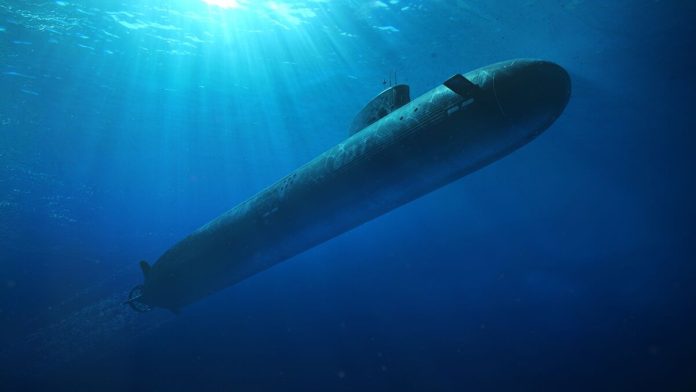The UK Ministry of Defence says the new SSN-AUKUS ships “will be the largest, most advanced and most powerful attack submarines ever operated” by the UK Navy.
Under the AUKUS programme with the US and Australia, the UK has awarded a £4bn ($4.9bn) contract to three British companies to develop and produce a nuclear-powered attack submarine.
The UK Ministry of Defence spokesman issued a statement on Sunday saying that awarding the contract to Babcock, BAE Systems and Rolls-Royce “is an important step for both the UK and the trilateral AUKUS programme as a whole”.
It is noted that the new SSN-AUKUS submarines, “will be the largest, most modern and most powerful attack submarines ever operated” by the Royal Navy, and “will combine the world’s best sensors, design and weaponry in a single vessel.”
The UK will commission its first submarines in the late 2030s and Australia’s first submarines in the early 2040s. The leaders of Australia, the UK and the US unveiled the creation of SSN-AUKUS in March. This came amid intensified efforts by the three countries to counter China in the Asia-Pacific region.
This is the first time the US has shared nuclear propulsion technology with a country other than the UK. The nuclear-powered vessels, with much greater stealth and range, represent a significant modernisation of Australia’s current diesel fleet.
Australian Defence Minister Richard Marles calls the deal to create AUKUS programme “the biggest step forward in our military capability that we’ve had since the end of World War II”.
Under the AUKUS programme, the US plans to sell Canberra up to five of its Virginia-class nuclear submarines in the early 2030s. In addition, as early as 2027, US and British submarines will be stationed in Western Australia to train Australian crews.
Analysts believe the AUKUS programme could strengthen deterrence in the face of China’s increasingly assertive actions in the Pacific, including in the South China Sea, where it has built military bases on disputed ledges and reefs. Ashley Townshend, a senior fellow for Indo-Pacific security at the Carnegie Endowment for International Peace think tank, wrote in a commentary in March:
As highly stealthy platforms, SSNs’ ability to operate in contested waters, hunt Chinese warships and submarines, control strategic sea lanes and chokepoints, and project power with long-range cruise missiles make them one of the most effective ways to complicate Chinese military planning and give Beijing a reason to take pause before using force. The fact that US, UK, and, in time, Australian SSNs will be operating as a combined force—with Aussies also embedded on American and British subs—raises the specter of horizontal escalation by forcing Beijing to consider the prospect that military action against any SSN, or the submarine base itself, could trigger the involvement of all three nations.
The Chinese government considers the AUKUS project to be an illegal act of nuclear proliferation. China’s Foreign Ministry has accused Australia, Britain and the US of going “further down the wrong and dangerous path for their own geopolitical interests”. The AUKUS pact stems from a “Cold War mentality that will only encourage an arms race, damage the international nuclear proliferation regime and harm regional stability and peace,” the ministry said.
The UK’s submarine programs will employ 12,500 people, including around 900 apprentices and graduates, by the end of this year. The business plans to recruit an additional 2,700 people next year, which will include a further 900 apprentices and graduates, providing a significant employment boost for the region.
